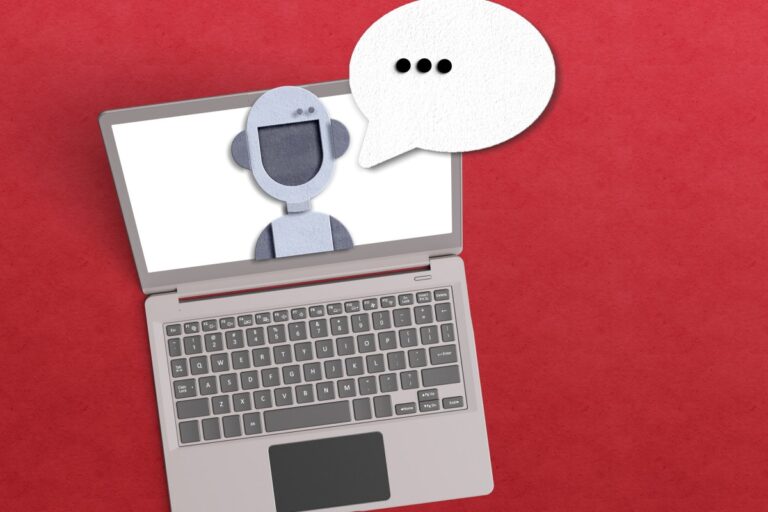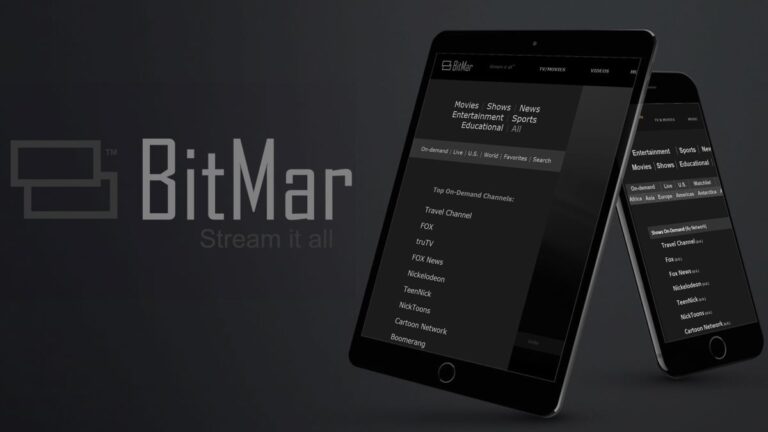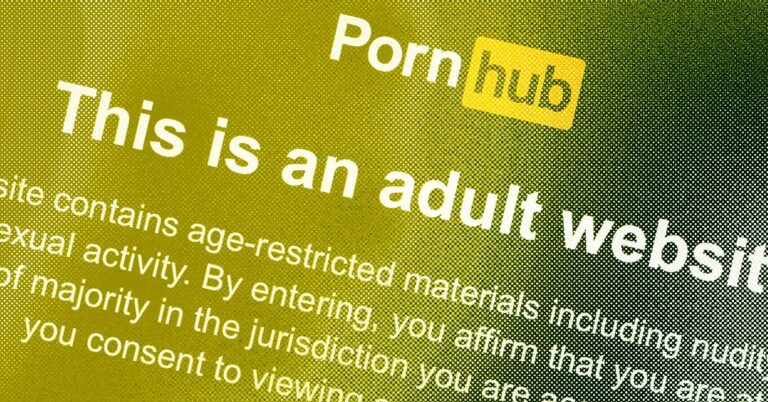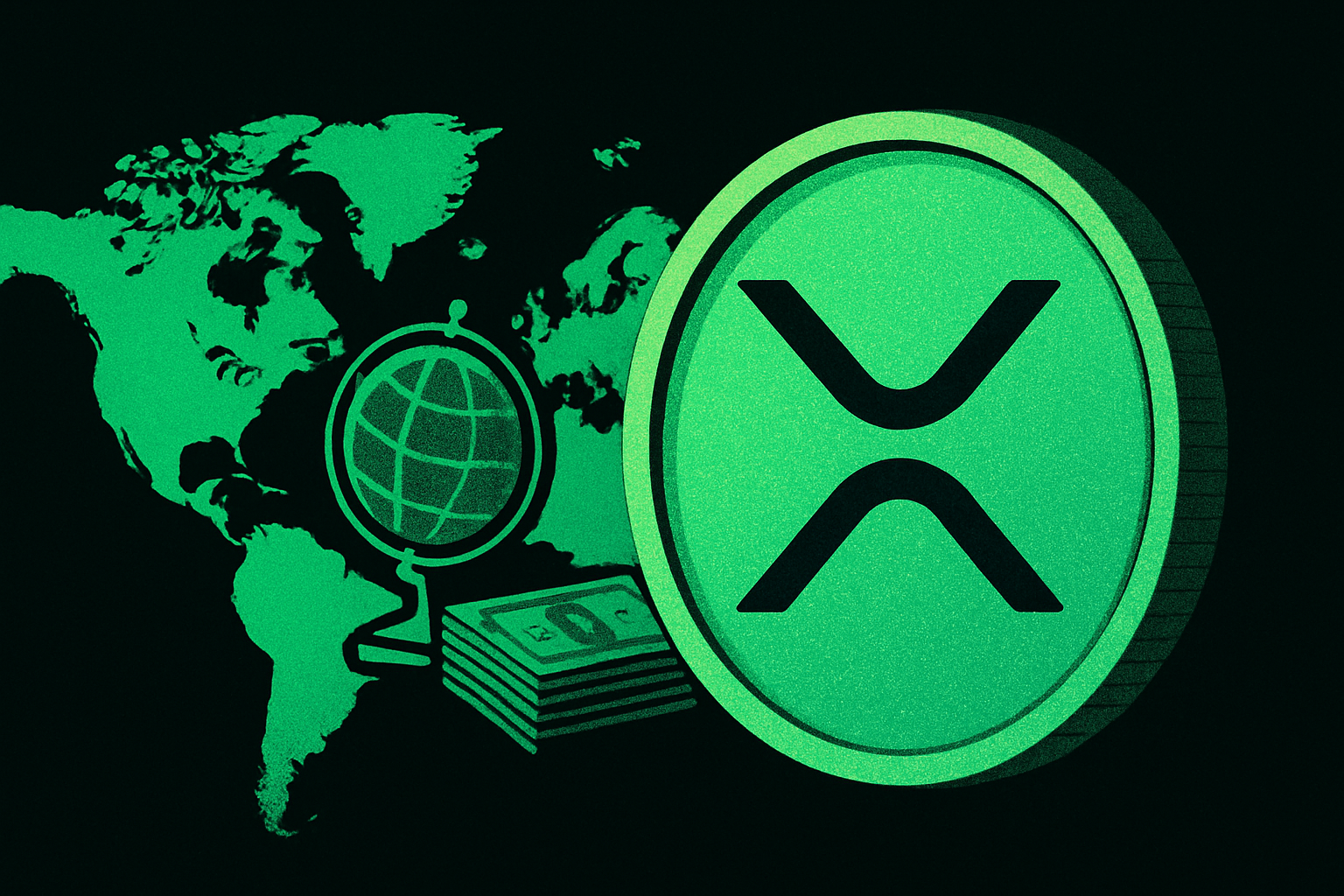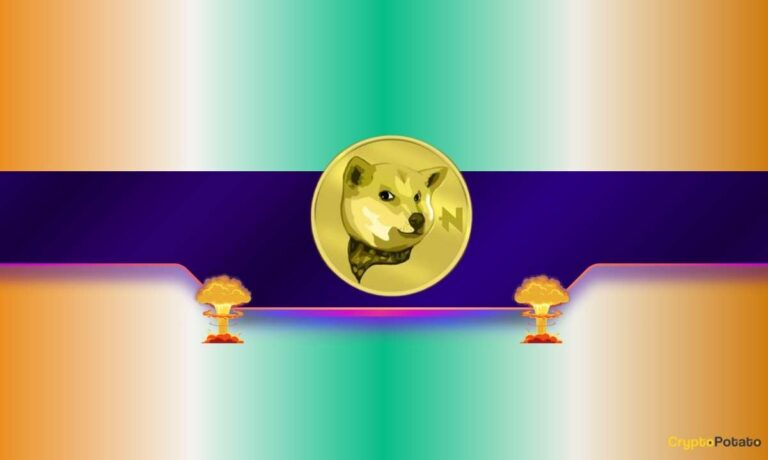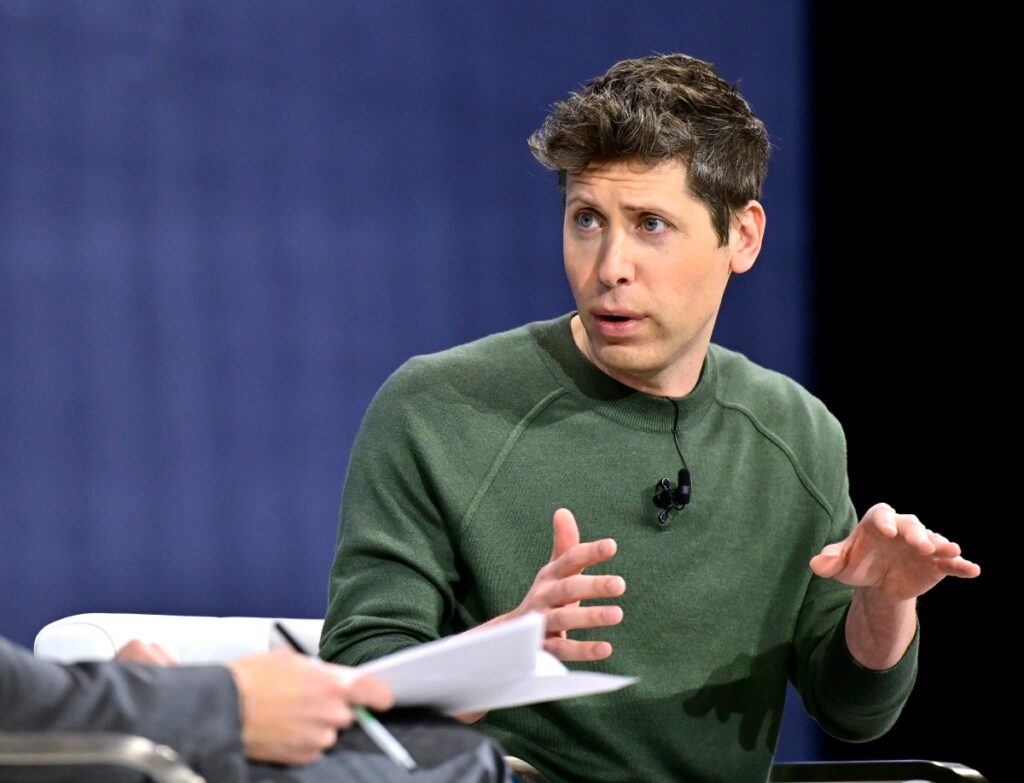
It’s only been a day since ChatGPT’s new AI image generator went live, and social media feeds are already flooded with AI-generated memes in the style of Studio Ghibli, the cult-favorite Japanese animation studio behind blockbuster films such as “My Neighbor Totoro” and “Spirited Away”.
In the last 24 hours, we’ve seen AI-generated images representing Studio Ghibli versions of Elon Musk, “The Lord of The Rings“, and President Donald Trump. OpenAI CEO Sam Altman even seems to have made his new profile picture a Studio Ghibli-style image, presumably made with GPT-4o’s native image generator. Users seem to be uploading existing images and pictures into ChatGPT and asking the chatbot to recreate it in new styles.
OpenAI’s latest update comes on the heels of Google’s release of a similar AI image feature in its Gemini Flash model, which also sparked a viral moment earlier in March when people used it to remove watermarks from images.
OpenAI and Google’s latest tools make it easier than ever to recreate the styles of copyrighted works — simply by typing a text prompt. Together, these new AI image features seem to reignite concerns at the core of several lawsuits against generative AI model developers. If these companies are training on copyrighted works, are they violating copyright law?
According to IP lawyer Evan Brown, products like GPT-4o’s native image generator operate in a legal grey area today. Style is not explicitly protected by copyright, according to Brown, meaning OpenAI does not appear to be breaking the law simply by generating images that look like Studio Ghibli movies.
However, Brown says it’s plausible that OpenAI achieved this likeness by training its model on millions of frames from Ghibli’s films. Even if that was the case, several courts are still deciding whether training AI models on copyrighted works falls under fair use protections.
“I think this raises the same question that we’ve been asking ourselves for a couple years now,” said Brown in an interview. “What are the copyright infringement implications of going out, crawling the web, and copying into these databases?”
The New York Times and several publishers are in active lawsuits against OpenAI, claiming the company trained its AI models on copyrighted works without proper attribution or payment. There have been similar claims brought in lawsuits against other leading AI companies, including Meta and AI image generation startup, Midjourney.
In a statement to TechCrunch, an OpenAI spokesperson says that while ChatGPT refuses to replicate “the style of individual living artists,” OpenAI does permit it to replicate “broader studio styles.” Of course, it’s worth noting there are living artists who are credited with pioneering their studio’s unique styles, such as Studio Ghibli’s cofounder, Hayao Miyazaki.
Evidently, users have also been able to use GPT-4o’s native image generation feature to recreate styles from other studios and artists. Someone else made a Marc Andreessen portrait in the style of Dr. Seuss, and a married couple recreated their wedding photos in the style of Pixar.
We tested several popular AI image generators — including ones available in Google’s Gemini, xAI’s Grok, and Playground.ai — to see their ability to match Studio Ghibli’s style. We found OpenAI’s new image generator created the most accurate replica of the animation studio’s style.

For now, OpenAI and Google’s new image features present a leap forward in what AI models can generate, which seems to be driving a surge in usage. OpenAI delayed the rollout of its new image tool to free-tier users on Wednesday, citing high demand. That may be the most important thing for these companies today, but we’ll they’ll have to wait for the courts to weigh in on their legality.

